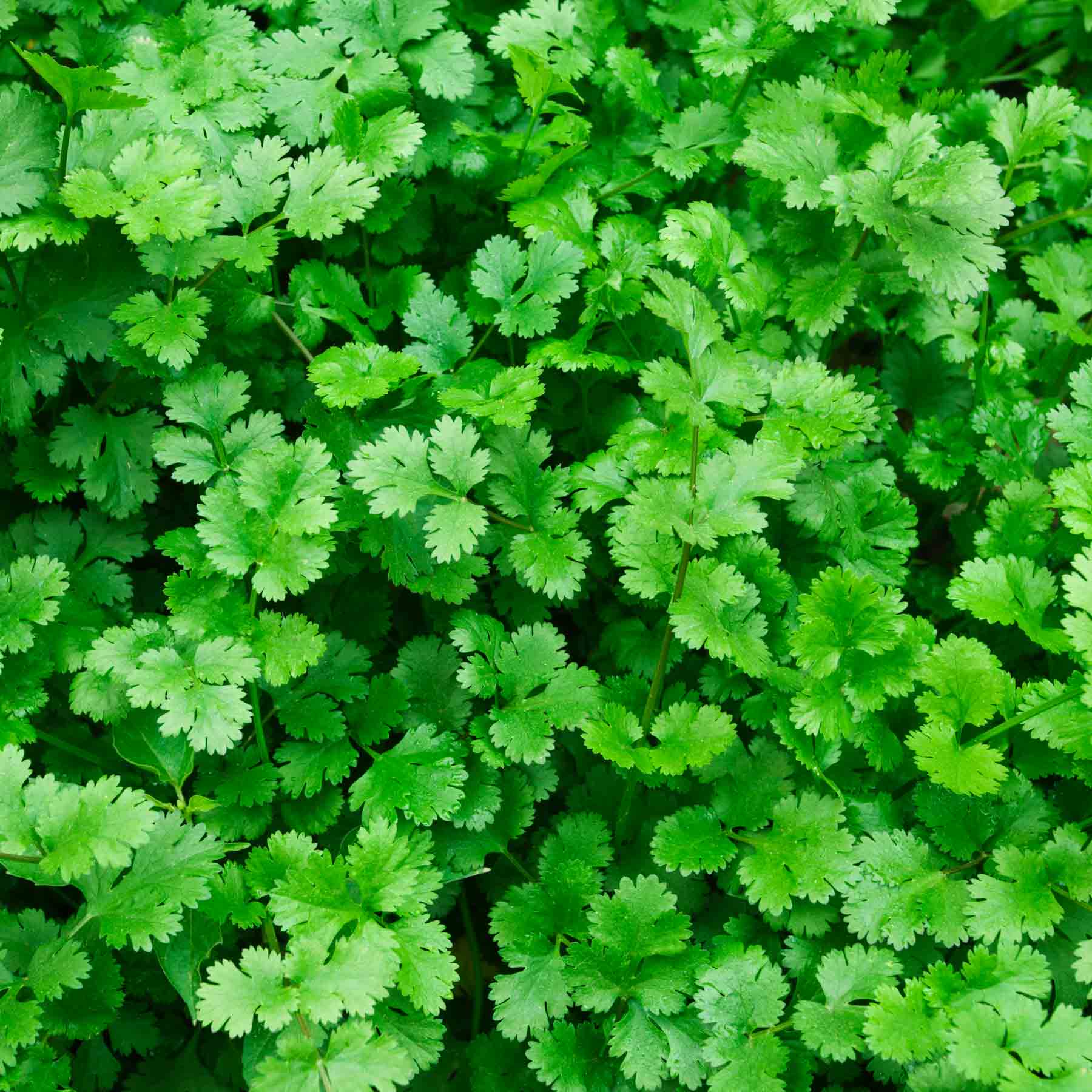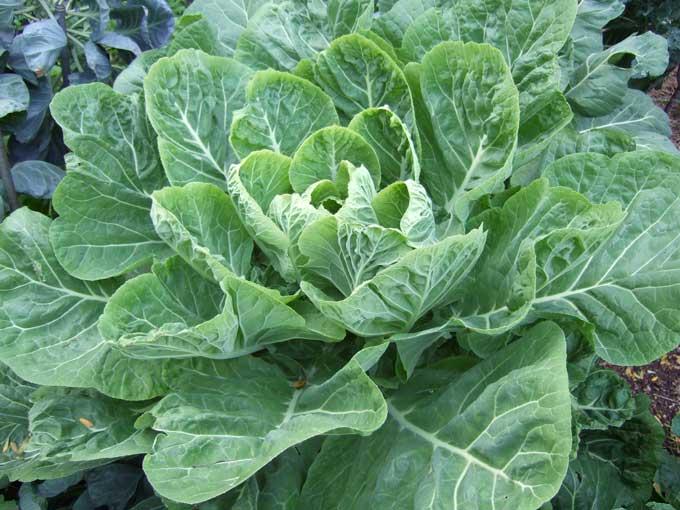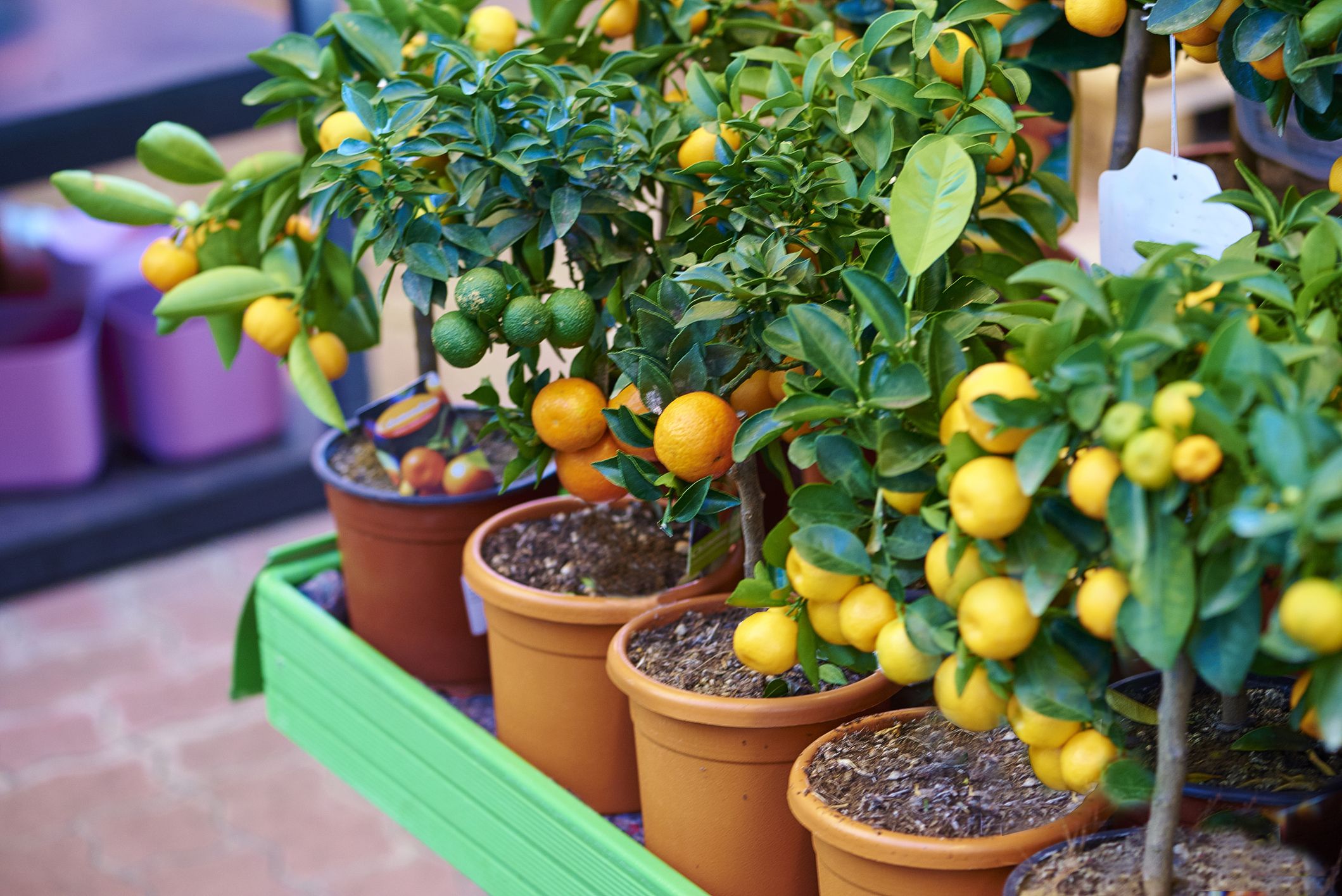Best Companion Plants For Ginger
Ginger Companion Plants: The Ultimate Guide
Ginger is a versatile and delicious root vegetable that can be used in a variety of dishes. It is also a relatively easy plant to grow, but it can benefit from having some companion plants nearby. Companion planting is the practice of planting certain plants together in order to promote their growth and deter pests.
There are many different companion plants that can be grown with ginger. Some of the best include:
- Turmeric: Turmeric is a close relative of ginger and has similar growing requirements. It also has a strong scent that can help repel pests.

- Lemongrass: Lemongrass is another herb that can help repel pests. It also provides shade for ginger plants, which can help them thrive in hot climates.
- Basil: Basil is a fragrant herb that can help improve the flavor of ginger. It also helps to attract beneficial insects, such as ladybugs, which can help control pests.
- Chili peppers: Chili peppers can help deter pests from ginger plants. They also produce a chemical called capsaicin, which can help to improve the flavor of ginger.

- Beans: Beans are nitrogen-fixing plants, which means they can help to improve the soil quality for ginger plants. They also help to suppress weeds.

- Cilantro: Cilantro is a leafy herb that can help attract beneficial insects, such as ladybugs, which can help control pests. It also helps to improve the flavor of ginger.

- Leafy greens: Leafy greens, such as lettuce and spinach, can help to shade ginger plants and prevent them from getting too hot. They also help to attract beneficial insects.

- Fruit trees: Fruit trees, such as mangoes and bananas, can provide shade for ginger plants and help to improve the soil quality. They also attract beneficial insects.

When choosing companion plants for ginger, it is important to consider the growing conditions of both plants. Ginger plants prefer moist, well-drained soil and partial shade. They also need warm temperatures, between 70 and 90 degrees Fahrenheit. When choosing companion plants, it is important to select plants that have similar growing requirements.
In addition to the plants listed above, there are many other companion plants that can be grown with ginger. Some other good options include:
- Cucumbers: Cucumbers and ginger can be grown together in a vegetable garden. They both prefer full sun and well-drained soil.
- Eggplant: Eggplant and ginger can also be grown together. They both prefer full sun and well-drained soil.
- Okra: Okra and ginger can be grown together in a warm climate. They both prefer full sun and well-drained soil.
- Peas: Peas and ginger can be grown together in a cool climate. They both prefer full sun and well-drained soil.
- Sweet potatoes: Sweet potatoes and ginger can be grown together in a warm climate. They both prefer full sun and well-drained soil.
When planting ginger with companion plants, it is important to space the plants appropriately. Ginger plants need plenty of room to grow, so it is important to plant them at least 12 inches apart. Companion plants should also be spaced appropriately. For example, beans should be planted 2 inches apart, while cucumbers should be planted 3 feet apart.
Ginger companion planting can help to improve the growth and yield of your ginger plants. By choosing the right companion plants, you can help to deter pests, improve the soil quality, and attract beneficial insects.
Ginger is a delicious and versatile root vegetable that can be used in a variety of dishes. But did you know that it can also be a beneficial companion plant for other vegetables in your garden?
The right companion plants can help to improve the growth and health of your ginger plants, and they can also help to deter pests and diseases. Some of the best companion plants for ginger include:
- Beans: Beans are nitrogen-fixing plants, which means that they can help to improve the nitrogen content of the soil around your ginger plants.
- Chili peppers: Chili peppers can help to deter pests from your ginger plants.
- Cilantro: Cilantro can help to repel nematodes, which are small worms that can damage ginger plants.
- Garlic: Garlic can help to repel pests and diseases from your ginger plants.
- Lemongrass: Lemongrass can help to deter mosquitoes and other pests from your ginger plants.
- Turmeric: Turmeric is a close relative of ginger, and it can help to improve the growth and health of your ginger plants.
If you're looking for more information about companion planting with ginger, I recommend checking out Gardenia Inspiration. This website has a wealth of information about companion planting, including a list of the best companion plants for ginger.
FAQ of companion plant ginger
Question 1: What are the best companion plants for ginger?
Answer: Ginger is a tropical plant that prefers warm, humid climates. Some good companion plants for ginger include:
- Basil: Basil has a strong fragrance that can help repel pests from ginger plants. It also adds a delicious flavor to ginger dishes.
- Turmeric: Turmeric is a close relative of ginger and shares similar growing conditions. The two plants can be grown together to create a visually appealing garden.
- Lemongrass: Lemongrass is another good companion plant for ginger. It can help repel pests and mosquitoes, and it also adds a citrusy flavor to ginger dishes.
- Nitrogen-fixing legumes: Nitrogen-fixing legumes, such as peas and beans, can help to improve the soil quality for ginger plants. They also help to suppress weeds.
- Fruit trees: Fruit trees can provide shade for ginger plants, which can help to keep them cool and moist. They can also help to attract pollinators, which can help to improve the ginger harvest.
Question 2: What are some of the benefits of companion planting with ginger?
Answer: Companion planting can help to improve the growth and productivity of ginger plants. Some of the benefits of companion planting with ginger include:
- Reduced pest and disease problems: Some companion plants can help to repel pests and diseases from ginger plants. For example, basil has a strong fragrance that can help to deter pests, while turmeric can help to suppress fungal diseases.
- Improved soil quality: Nitrogen-fixing legumes can help to improve the soil quality for ginger plants by adding nitrogen to the soil. This can help to promote healthy growth and development.
- Attraction of pollinators: Some companion plants, such as fruit trees, can help to attract pollinators, which can help to improve the ginger harvest. Pollinators are essential for the reproduction of many plants, including ginger.
- Visual appeal: Companion planting can also help to create a more visually appealing garden. By planting ginger with other plants that have complementary colors or textures, you can create a beautiful and functional garden space.
Question 3: What are some plants that should not be planted with ginger?
Answer: There are a few plants that should not be planted with ginger, including:
- Walnuts: Walnut trees produce a toxin that can stunt the growth of ginger plants.
- Pecans: Pecan trees also produce a toxin that can be harmful to ginger plants.
- Invasive herbs: Some herbs, such as mint and horseradish, can be invasive and crowd out ginger plants.
- Waterlogged plants: Ginger plants prefer well-drained soil. Planting them with waterlogged plants can lead to root rot and other problems.
Question 4: How far apart should ginger plants be planted?
Answer: Ginger plants should be planted about 12 inches apart. This will give them enough space to grow and develop properly.
Question 5: When is the best time to plant ginger?
Answer: Ginger plants can be planted in the spring or fall. If you live in a warm climate, you can plant them year-round.
Image of companion plant ginger
5 different images of companion plants for ginger from Pinterest:
- Image 1: Ginger and bananas. Bananas are a great companion plant for ginger because they provide shade and nitrogen to the soil.

- Image 2: Ginger and turmeric. Turmeric is another member of the ginger family, so it makes a great companion plant. They both have similar growing requirements and can help to repel pests.

- Image 3: Ginger and beans. Beans are nitrogen-fixing legumes that can help to improve the soil quality for ginger. They also help to suppress weeds.

- Image 4: Ginger and cilantro. Cilantro is a herb that can help to repel pests and attract pollinators. It also grows well in the same conditions as ginger.

- Image 5: Ginger and marigolds. Marigolds are another herb that can help to repel pests. They also have bright colors that can add interest to your garden.

Post a Comment for " Best Companion Plants For Ginger"